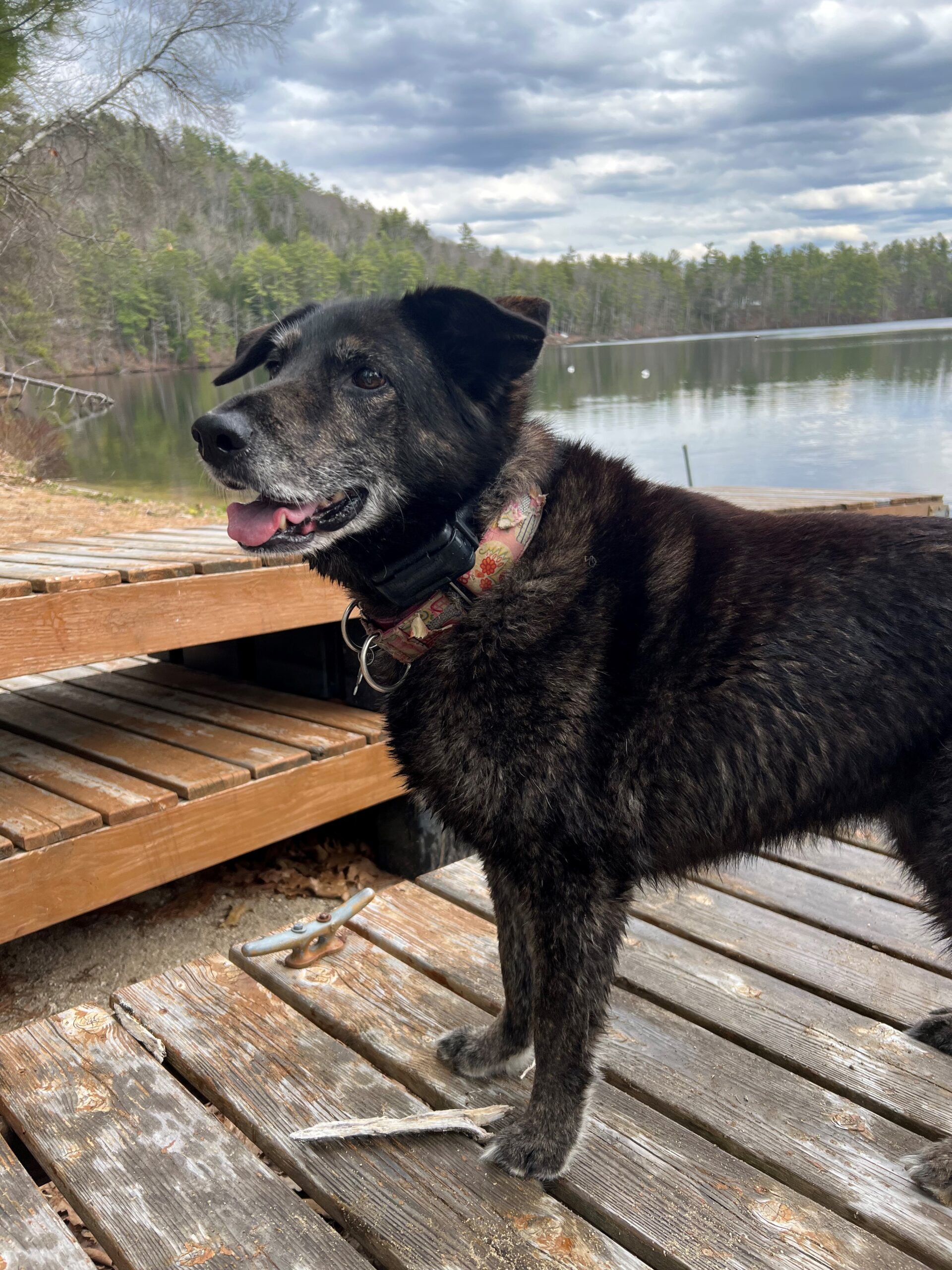Policies and Practices for Allowing Pets at Camp
May 9, 2023
Reminders from our friends at:
Policies and Practices for Allowing Pets at Camp
There’s no doubt that pets at camp can be a value-add and a fun part of the culture. However, they also present significant risks. From creating challenges for campers with allergies, to potential behavioral issues, it can be hard to predict exactly how animals will impact the camp environment. In fact, even animals that are well-behaved at home may exhibit different behaviors when surrounded by new people or different stimuli.
Together with our friends at Redwoods, we have put together some tips to help you decide whether or not to allow pets at camp and then some considerations if you do allow pets.
Making the Decision to Allow Pets
If you are interested in allowing pets at your camp, below are a few things to consider when making that initial decision:
1. Clearly define what a pet is for your camp.
2. Limit the number of pets allowed.
3. Research your local restrictions regarding breeds.
4. Consider pet weight.
5. Determine if you can adequately exercise your pets.
Consideration if You Do Allow Pets
If you do end up deciding to allow pets and create a pet policy, then your policies will also need to cover some very specific details about how pets are managed at camp. The clearer you are, the less likely you are to run into trouble later on. The key here is to make sure that owners not only see and sign these policies, but that they are clearly communicated and understood as a condition of their employment. Below are some items to consider:
1. Require pet interviews or a designated trial period, in which you test out whether a pet is a good fit for the camp.
2. Pets should be up to date on vaccines, licenses and tags.
3. Leash requirements will need to be clear.
4. Allocate specific times of day for pet owners to exercise and care for their animals, making sure that they are not unfairly burdening those staff who do not have pets.
5. Be clear about how pets are to be safely contained in housing units.
6. Be aware of noise restrictions and expectations around the noise that often comes with pets
7. Aggressive behavior should not be tolerated.
8. Set clear expectations regarding animal waste.
9. Decide if there will be additional fees associated with having pets.
10. Mark certain areas of camp as off limits. Some areas of camp are not appropriate for pets and should be marked as clearly off limits.
11. If you allow dogs, create a policy and emergency action plan regarding a pet bite, even if you do not anticipate that happening.
12. Consider if a pet is harmed or injured at camp. If someone’s pet is injured at camp, make it clear that the safety and health of the pet is the responsibility of the owner, in all circumstances.
13. Communicate to pet owners that they will need a backup plan. That plan will be important in case a trial period is not successful, or if there is cause to believe the animal is a safety concern to anyone anytime.
14. Seek local, expert counsel. Each state and county has different laws that affect pet ownership, as does each insurance carrier.
15. Add an addendum to your housing policy for all staff (and volunteers) that live at camp that clearly states expectations about whether pets are allowed and, if they are, what your expectations are about how those pets will be managed.
If you allow pets at camp or are considering, click here to read the full article on Policies and Practices for Allowing Pets at Camp.
This blog post is part of an ongoing partnership between ACA, New England and Chalmers Camp Insurance. Should you have questions or information regarding the content of this post, please reach out to cchipman@chalmersinsurancegroup.com.





